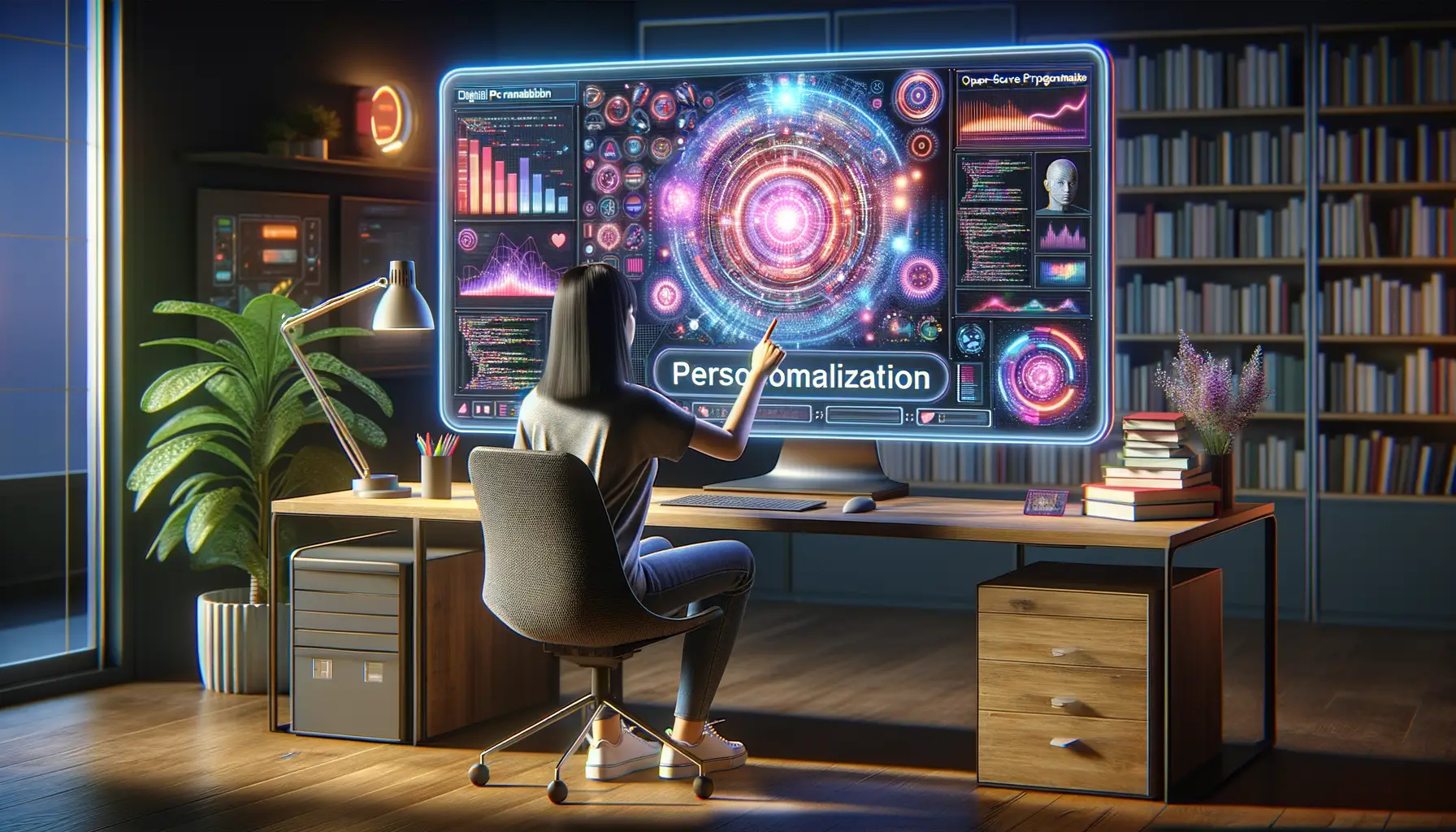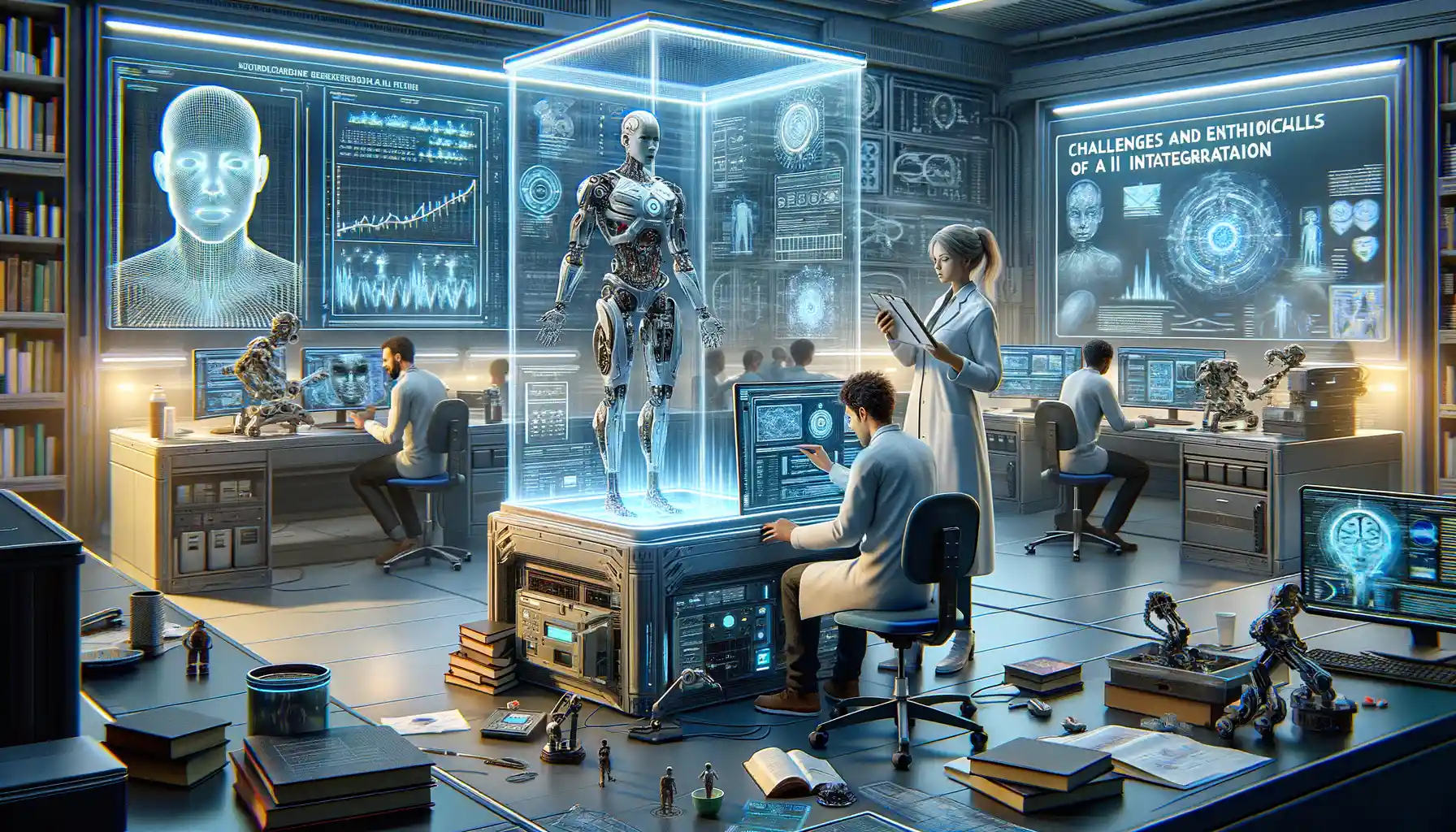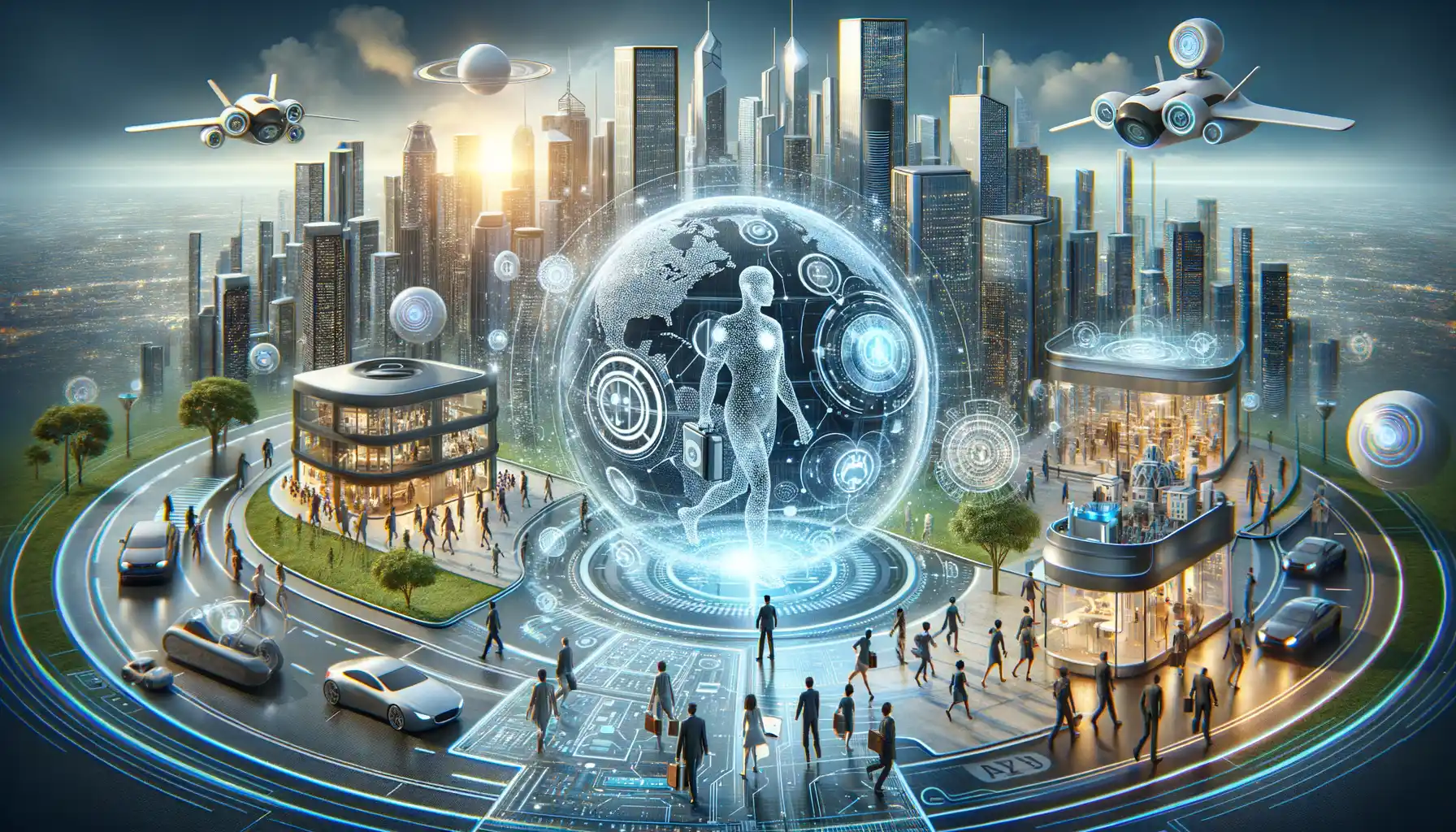The Role of AI in Modern Technology
The Invisible Power Driving Technology Forward
Let’s be honest—our world would look quite different without AI. It’s that silent overachiever in the room, constantly working behind the scenes, reshaping how we live, work, and play. Think of the last time you asked Alexa to turn off the lights or let your phone suggest the fastest route home. That’s not magic; that’s the sophisticated brain of artificial intelligence quietly making your day easier.
But it doesn’t stop at voice assistants or maps. AI is the innovator in everything from medical breakthroughs to self-driving cars. It can detect diseases early, analyze piles of data in seconds, and even help farmers grow healthier crops by predicting weather patterns. It’s weaving itself into every aspect of our modern lives, enhancing what’s possible.
- Predictive technology: Like knowing what playlist you’ll love before you do.
- Automation: From chatbots managing customer queries to factories running smoother than ever.
- Smart systems: Home thermostats that act like they’ve read your mind? Yep, that’s AI.
All this innovation is thrilling, but it makes you wonder: where will AI’s genius touch next?
Transforming Communication and Interaction

Bridging the Gap Between Humans and Machines
Imagine sitting down for an evening chat—not with a friend, but with your favorite home assistant. Thanks to the leaps in AI, communication with technology feels less like reading from a manual and more like having a natural, flowing conversation. It’s as if machines are learning to “speak human.”
Through advanced natural language processing (NLP), AI enables us to interact with devices using our own words, accents, even quirks. Whether you’re tossing casual phrases at Siri or crafting complex search queries for ChatGPT, the experience feels tailor-made. And here’s the kicker: it’s not just about understanding words, but grasping *context*. Your devices now know if you mean “weather today” or “whether to pack an umbrella.” That’s what makes it feel so… alive.
- Translating languages in real time? Check. AI apps make global communication seamless.
- Speech-to-text dictation? More accurate than ever—goodbye typos!
- Virtual meetings with transcriptions? AI keeps everyone on the same page, literally.
The result? A world where conversations with technology no longer feel like a one-way street. Instead, they’re becoming symphonies of shared understanding, creative exchanges, and yes, even a little magic.
AI-Driven Personalization in User Experiences

Tailored Interactions: The Magic of AI
Imagine walking into your favorite café and before you even speak, the barista hands you your go-to drink—extra foam, just the way you like it. That’s the vibe AI brings to digital experiences, crafting interactions as if it *knows* you personally. But here’s the kicker—it doesn’t just stop at guessing your coffee order. AI-driven personalization dives deeper than ever before, sculpting unique journeys for each individual user.
Think about how streaming platforms like Netflix seem to “read your mind.” They sift through mountains of data faster than you can say “weekend binge,” curating recommendations that feel eerily spot-on. Or consider shopping on Amazon, where suggestions seem perfectly timed, offering exactly what you didn’t know you needed.
- Music playlists that match your mood at precisely 7 PM? Check.
- A fitness app that nudges you with reminders only when it knows you’re slacking? Absolutely.
This is what makes AI-driven personalization feel so human—it combines logic with emotions, predictions with intuition. It transforms the mundane into the memorable, turning technology from a tool into a companion.
Challenges and Ethical Considerations of AI Integration

The Human Dilemma: Navigating AI’s Impact
AI is revolutionizing the way we live, learn, and communicate, but let’s not sugarcoat it—this shiny new tech poses some serious challenges. One of the thorniest issues? Bias. Imagine an AI deciding who qualifies for a loan or a job interview. If that system was trained on biased data (spoiler alert: many are), it can perpetuate real-world inequalities in ways that feel both invisible and insidious.
But the ethical labyrinth doesn’t stop there. Privacy concerns loom large. With AI-powered voice assistants like Siri and Alexa listening in—or worse, stored customer data being mishandled—it’s not just convenience at stake, but personal sovereignty. Who really owns your data when algorithms feast on it to refine their models? That uncomfortable question hovers like an uninvited ghost.
- Autonomy vs. Automation: Will AI one day cross the line, making decisions humans should be making? Think medical diagnoses or criminal sentencing.
- Job Displacement: Sure, new roles emerge, but how do entire industries retrain when automation replaces human labor so quickly?
This isn’t just sci-fi. These questions demand answers—and fast—if we want AI to truly enhance, rather than erode, our humanity.
Future Prospects: Where AI is Taking Us

The New Frontiers of AI Innovation
Picture this: a world where your devices don’t just respond to commands but anticipate your needs, like a trusted friend who finishes your sentences. That’s the future we’re stepping into with AI-powered innovations. It’s no longer just about efficiency; it’s about creating experiences that feel almost magical.
In healthcare, imagine AI analyzing your health data in real-time, flagging risks before they become issues. Or think of education, where smart systems adapt to each student’s learning style—whether you’re a visual thinker or someone who thrives on hands-on practice.
- Entertainment: Streaming platforms already amaze us with recommendations, but what if AI curated personalized storylines in games and movies?
- Environmental impact: Picture AI-driven systems that optimize energy grids, reduce waste, and protect endangered ecosystems.
From Idea to Reality
What excites me most is how AI is transcending its code to shape our lives. Autonomous vehicles are inching closer to becoming our chauffeurs. Smart cities powered by AI might redefine urban living, from traffic management to crime prevention.
But the real game-changer? Emotional AI. We’re talking about systems that don’t just recognize words but understand your tone—even those unspoken pauses between sentences. Imagine an AI assistant not only organizing your calendar but empathizing with your stress level. The future isn’t distant; it’s arriving, one innovation at a time.
